
To my mother, Terry Morris, for her idealism. To my father, Eugene J. Morris, for his pragmatism. To my wife, Eileen McGann, for her embrace of both .
Contents
PART 1
THE PRAGMATISM OF IDEALISM
PART 2
GOVERNING
PART 3
GETTING ELECTED
EPILOGUE
THE FUTURE
Preface
This book is based on a single premise: If American politicians were truly pragmatic and did what was really in their own best self-interest, our political process would be a lot more clean, positive, nonpartisan, and issue-oriented. It is not practicality which drives the partisanship, negativity, and the never-ending cycle of investigation and recrimination in which we wallow, but a complete misapprehension of what Americans want and what politiciansin their own career self-interestshould offer. If Machiavelli were alive today, he would counsel idealism as the most pragmatic course.
Pragmatism has gotten a bad name; Machiavellianism is in even lower repute. They have become synonymous with skulduggery, manipulation, and deceit. But the mandate of the pragmatist in a democracy is not to descend to the lowest possible level. It is simply to be practicalto do the best job he can of winning elections and maintaining popular support for his program after he is elected.
As the American people change, pragmatists must change with them. In the past few decades, voters have become vastly better informed, more centrist, more sophisticated, and increasingly disgusted with the negative tone of our politics. But politicians and the news media dont get it. Politicians only dish out and the media only cover the most negative, simplistic, distorted, and partisan rhetoric possible. Too often our elections are a race to the bottoma contest to see who can sink the lowest. This is not just bad government, its stupid politics.
The tasks of winning office and of governing are far harder now than they have ever been. The aggressiveness of the media and the virtual suspension of all rules of decency in political combat have made getting elected and serving in office successfully almost insuperable challenges. Once, parties contested with each other only during election periods; today they fight each day, and offer neither quarter nor respite.
This book is a practical guide for anyone who must deal with the political process in any way. It is for the politician who wants to win office, hold it, and pass his program. But its lessons are no less important for the staffs, advisors, and consultants to these men and women; those who lobby and advocate issues will also find the insights relevant. Hopefully, this book will not appeal just to political players, but to the voters as well. A knowledge of the techniques, intricacies, and evolution of the practical politics of our era will help create a better and more selective electorate.
The core advice of this book is to stay positive; to focus on the issues; to rise above party; and to lead through ideas. This is not idealism. It is pragmatism in America today. Our candidates and office holders need to change their tactics, their focus, and their strategiesnot in the interest of better government, but in order to succeed in their chosen line of work.
I disagree with the current bulk of the conventional wisdom about politics. In the Part 1 overview, I take issue with the flawed view of most political analysts who overstate the power of money, spin, scandal, voter self-interest, and image. Message is more important than money. Issues are more central than image. Strategy matters more than tactics. Positives work better than negatives. Substance is more salient than scandal. Issues are more powerful than image, and strategy more important than spin. The more partisan you are, the less effective you will be. Appeals rooted in generosity and the public interest do better than those which appeal to the voters self-interest. Voters want to hear about how to make their lives better, not richer. Values matter more than economics.
In Part 2, I apply these ideas to the daily process of governing. In the spirit of the original Prince, I try to help an incumbent president, governor, senator, congressman, state legislator, or councilman succeed in the modern political world.
In Part 3, I go back to the beginning and speak directly to candidates and their staffs, walking them through the process of getting elected and reelected.
Lest this book appear to be an advertisement for my services as a political consultant, I have left that part of my life behind and no longer work in American elections.
My goal in writing The New Prince is to identify what the modern pragmatist must do to win. He or she must possess far more idealism than is currently seen in American political figures. Those who want to win in America today had better adjust their attitudes, strategies, and tactics upward.
And only the Master shall praise us; only the Master shall blame
And no one shall work for money; and no one shall work for fame .
But each for the joy of working; each by his own special star
Shall draw the thing as he sees it, for the God of things as they are!
Rudyard Kipling

Part 1

The Pragmatism of Idealism
When the earth moves, its time to redraw the map. The enormous shifts and changes in voter attitudes during the past twenty years have so changed our politics that it is time to reexamine each assumption and scrutinize the axioms on which practical politics are based.
The central shift is from a paradigm of representative democracy, where voters cede their power every two years to their elected representatives, to one where direct citizen involvement and interest is almost constant. This transition from Madisonian to Jeffersonian norms is so dramatic and drastic that it forces a reevaluation of all our traditional notions of politics.
In modern politics, a candidates positive issue message, the substance of his candidacy, has become far more important than money, image, spin, negative attacks, and political party. In the service of pragmatism, not of idealism, we must become more idealistic.

Chapter 1

The Transition from Madisonian to Jeffersonian Democracy
T HE FUNDAMENTAL PARADIGM that dominates our politics is the shift from representational (Madisonian) to direct (Jeffersonian) democracy. Voters want to run the show directly and are impatient with all forms of intermediaries between their opinions and public policy. This basic shift stems from a profusion of information on the one hand, and a determined distrust of institutions and politicians on the other.
While the media has noted decreasing voter turnout, the corollary is that those who do vote are becoming better and better informed. Americans are now an electorate of information junkies. Through the CNN, Fox News Channel, CNBC, CFN, MSNBC, and C-SPAN TV networks, talk radio, all-news radio, news magazines, the Internet, prime-time TV shows like 60 Minutes and 20/20 , and the nightly news on the major TV networks, voters are fed an overwhelming diet of information about the political process. Even entertainment shows focus on public-sector issues, as the cops-and-robbers programs explore the subtleties of the exclusionary rule and attorney-client privilege. Taxi drivers who watch congressional hearings on C-SPAN are better informed about public policy than they have ever been.

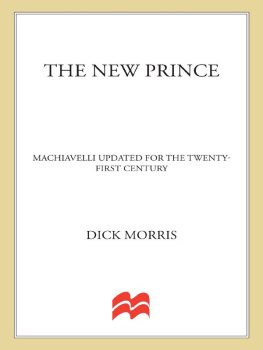
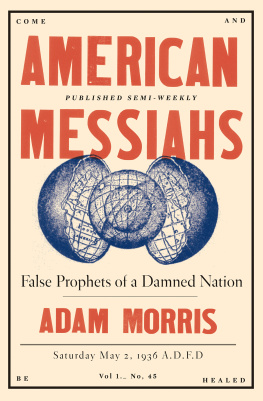
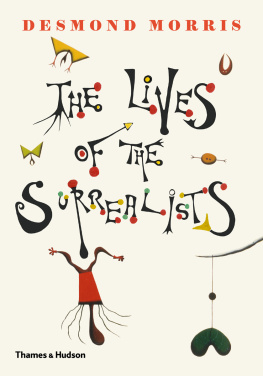
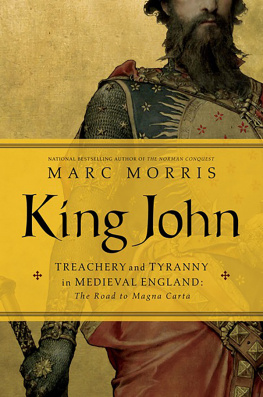

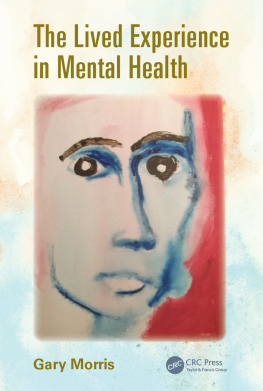

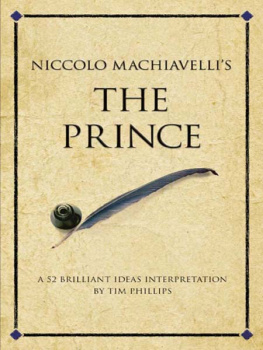
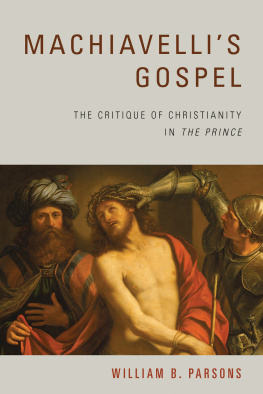


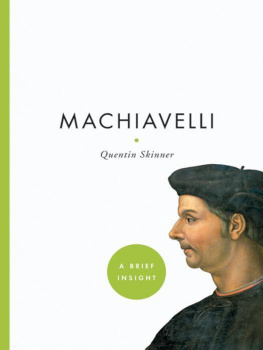
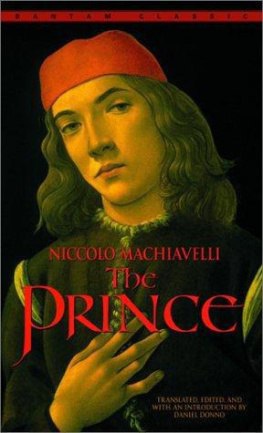
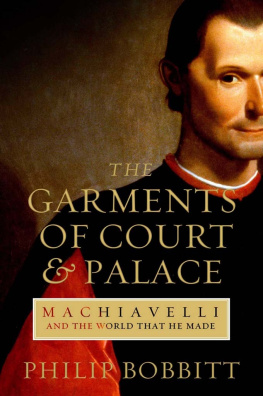

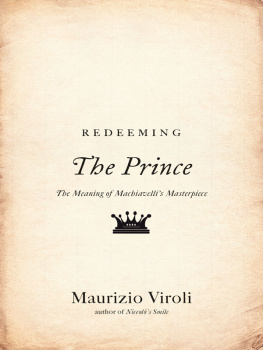
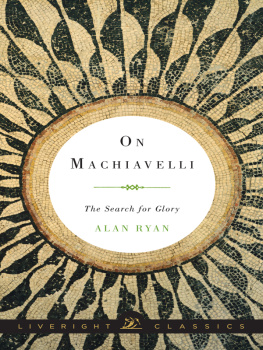
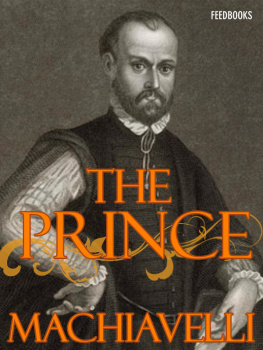

 Part 1
Part 1 
 Chapter 1
Chapter 1 